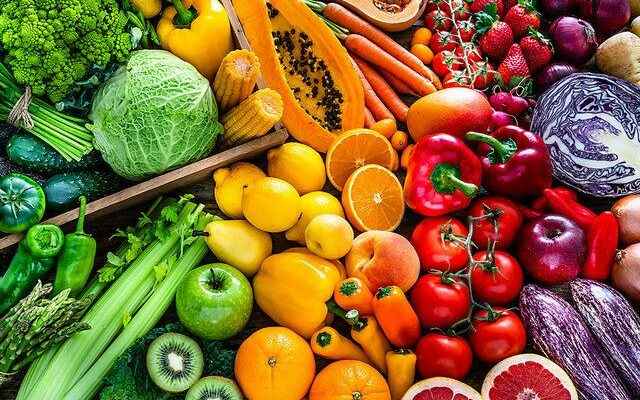It is necessary to regulate the consumption of vegetables and fruits during the day. It is necessary to eat enough vegetables and fruits to keep the body healthy and vigorous. In order to properly benefit from the benefits of vegetables and fruits, which are rich in vitamins and minerals, it is necessary not to cook them incorrectly. Dr. Fevzi Özgönül said, “After cooking many vegetables, there is a serious decrease in the value of vitamins and minerals.”
LONG-TERM COOKING CAUSES 50% LOSS OF VITAMINS
For example, boiling or steaming broccoli, which is rich in vitamin C, for only 3-4 minutes causes the vitamin C value to decrease by approximately 25%. Cooking for longer periods (10-20 minutes) causes the loss of 50% of the vitamin. For this reason, it is recommended to consume vegetables and fruits raw or cooked very little in order to get the vitamin fully. Vegetables that are precooked and sold frozen contain only 1/3 the normal value of vitamin C.
VEGETABLES THAT CAN BE EDITABLE IN THE SHAPE OF SALAD SHOULD NOT BE COOKED
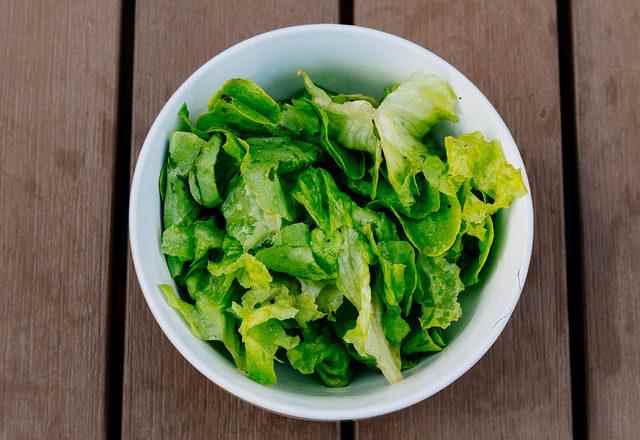
Dr. Fevzi Özgönül said, “For this reason, consuming vegetables that can be eaten in the form of salads without cooking them, and eating fruits as fresh with meals, allows us to get much more vitamins with the food.” said.
VEGETABLES TO BE USED IN MEALS
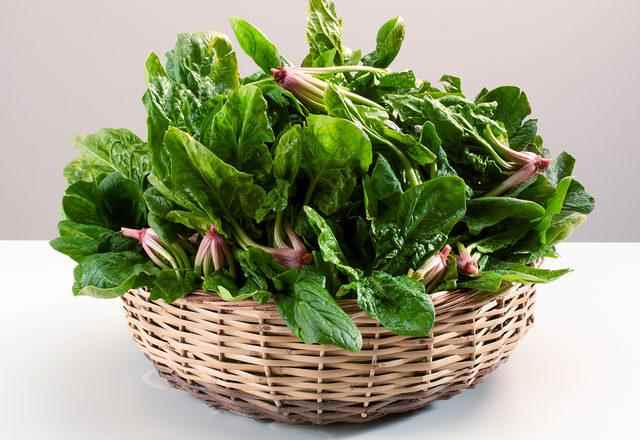
Green leafy vegetables are popular in the spring. In addition to greens such as lettuce, spinach, parsley, basil, carrots, asparagus, artichokes, broad beans, peas, arugula, purslane, fresh garlic, rosemary, cress, thyme and spring onions take their place on the table.
SPREAD VEGETABLES 6 DAYS A WEEK

While tangerines and oranges are in their last breath, bananas and apples will continue to maintain their place on the table. With the rise of the sun, tomatoes are among the vegetables that can be eaten. Vegetable dishes with plenty of greens are among the most popular dishes of the spring months. I definitely recommend spreading the peas, broad beans, asparagus, kidney beans, broccoli, liver-friendly artichokes 6 days a week.
TOMATOES SHOULD NOT BE MISSING FROM THE TABLE
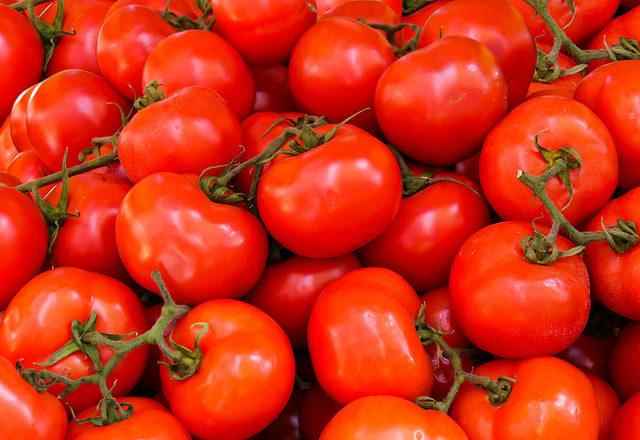
Pepper, cress, parsley, carrot, sun-drenched tomato and arugula, which we will use in every meal, should not be missing from the tables. Due to its very short season, I recommend cooking the artichoke together with the Aegean leaves in order to benefit from almost every granule of the liver-friendly artichoke. Only the bottom part can be nutritious, but if you teach small individuals to scrape the bottom of their leaves, they will give extra support to their immune systems and livers by digesting the precious parts trapped there.
PROTEIN KEEPS THE BODY STRONG IN CHANGING WEATHER CONDITIONS
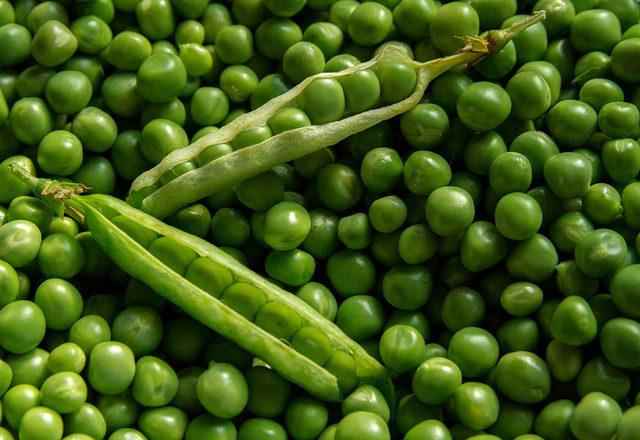
Meat, chicken or ground peas are also a very good meal. With a nice rice on the side, they get both high energy and a nutritious food and experience the revival of the spring months in their bodies. Taking both protein and vitamins and minerals in the spring is to contribute to the strengthening of the body in changing weather conditions. Therefore, we should not miss the protein to be taken in meals. Because small individuals will need a lot of energy when playing outside in the spring.
DON’T MISS NUTS FROM YOUR MEALS
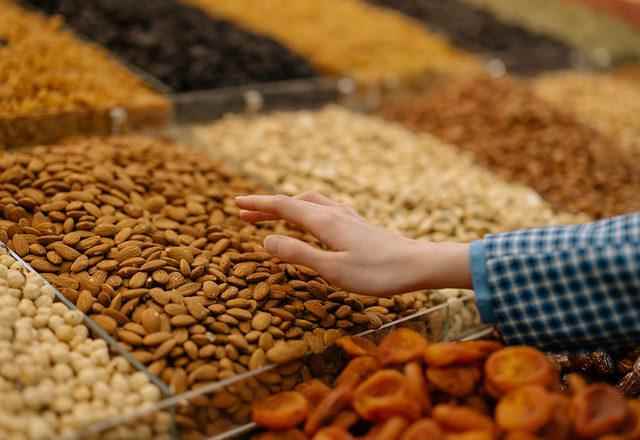
Seasonal varieties with yoghurt, broad beans and plenty of tomatoes are also a good alternative. Another important food that makes both our children and us energetic in the spring months is Almond, Walnut and Hazelnut, which we consume raw and which we will not miss on our tables as an alternative to bread except in the morning. Let’s not miss these nuts, which are both energy and omega 3 sources, in meals.
PROBIOTIC FOODS MUST BE CONSUMED FOR HEALTHY DIGESTION OF YOUR EATING
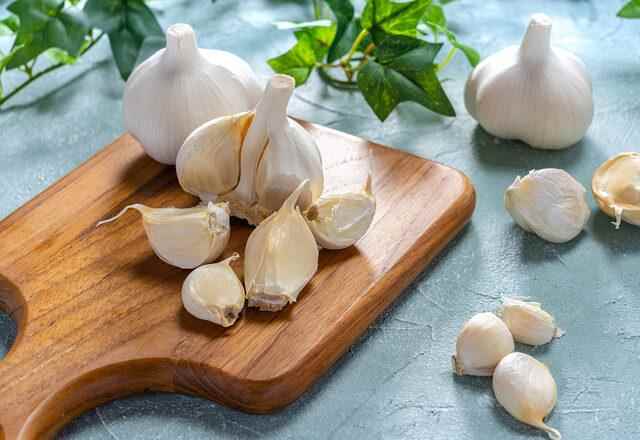
Today, the intestines are often referred to as the 2nd brain. Probiotic bacteria are the hardest working individuals of our intestines and digestive system in general. If we are going to evaluate the spring months as the months of restructuring of our body, like nature, we should not forget about the probiotic supports in addition to nutrition in these months, so that the foods we eat can be digested healthily. Apart from many probiotic foods such as sauerkraut, garlic, onion, cheese, yogurt, we can also consume ready-made probiotic supplements as supplements in our pharmacies.
